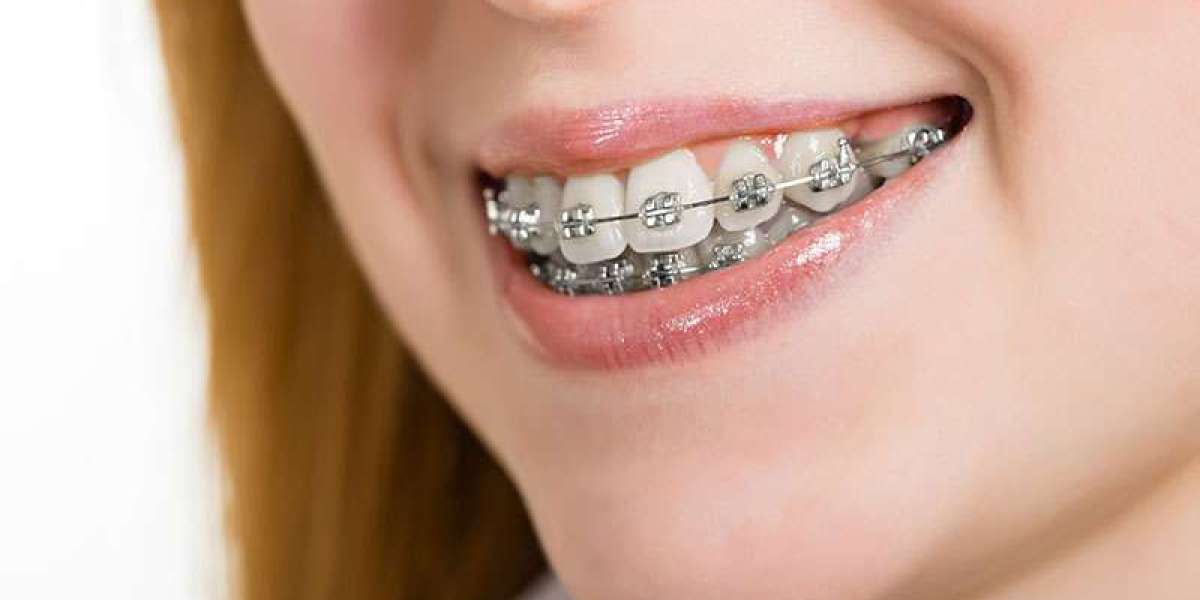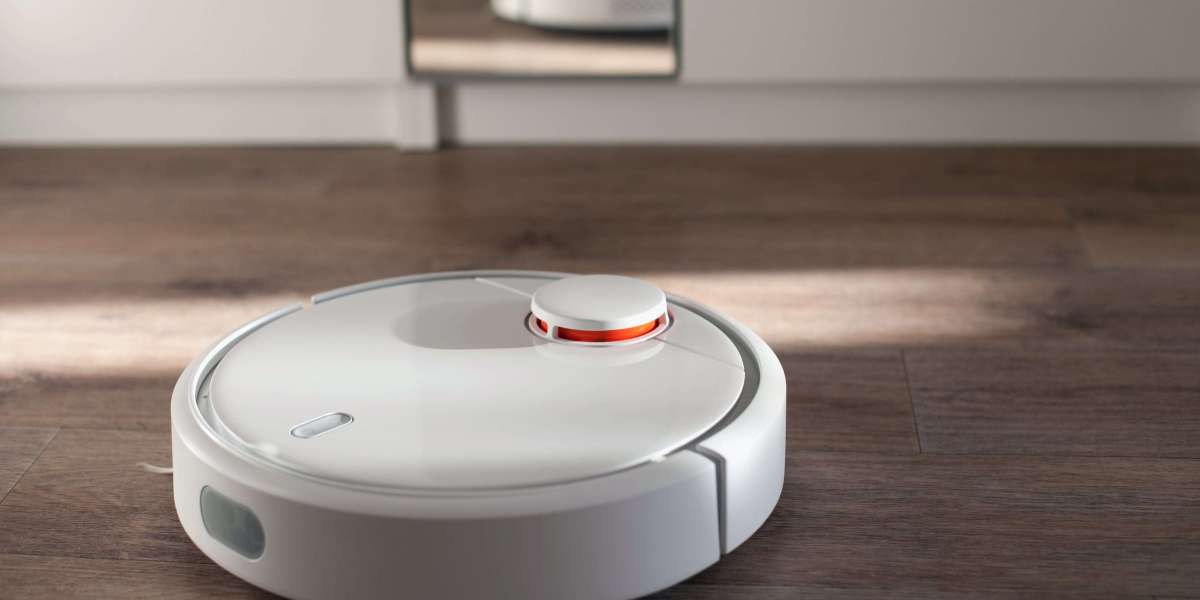After investing time and effort into orthodontic treatment, keeping your smile straight comes down to a single tool: your retainer. Whether you’ve chosen clear plastic or a wire-based version, your retainer plays a vital role in maintaining alignment after braces or clear aligners. If you’ve recently completed treatment and are now wearing dental retainers in Dubai, you might wonder how long they last and when you should replace them. Understanding the lifespan of a dental retainer—and the signs it’s time for a new one—is essential for long-term smile maintenance.
The Lifespan of Different Types of Retainers:
Not all retainers are built the same. Clear plastic retainers, like Essix or Vivera, generally last between 6 months to 2 years depending on usage and care. These are less durable and more susceptible to warping or cracking. Hawley retainers, made with a combination of acrylic and metal wire, tend to last longer—often 5 to 10 years—when properly maintained. Fixed (permanent) retainers, which are bonded behind the teeth, can last several years but may need repairs if the bonding fails or the wire loosens.
Signs Your Retainer Needs Replacement:
One of the clearest signs it’s time to replace your retainer is discomfort or a change in fit. If the retainer feels unusually tight or loose, it may no longer be doing its job correctly. Cracks, warping, discoloration, or an inability to clean it effectively are also indicators. If your retainer no longer fits snugly or causes irritation, don’t delay—visit your orthodontist for a replacement.
How Wear and Tear Affects Your Retainer:
Even with careful handling, your retainer experiences daily wear and tear. Heat from cleaning, grinding your teeth at night, or simply removing it multiple times a day can weaken its structure. Clear retainers, in particular, are prone to becoming cloudy and brittle over time. Although these changes may seem minor, they reduce the effectiveness of the device and increase the risk of teeth shifting if not addressed.
Hygiene and Its Impact on Retainer Longevity:
How well you care for your retainer directly affects how long it lasts. Using hot water, harsh toothpaste, or not cleaning it regularly can cause damage. Bacteria and plaque buildup not only create health risks but also weaken the retainer’s material. To extend the life of your dental retainers in Dubai, follow proper cleaning guidelines using mild soap and a soft toothbrush or retainer-specific cleaning solutions.
When to Replace Fixed (Bonded) Retainers:
Fixed retainers may seem low-maintenance, but they still require monitoring. If you notice plaque buildup, gum irritation, or feel the wire loosening, it’s time for a professional check. Damage to a fixed retainer often goes unnoticed until it affects your teeth. Most dentists recommend a yearly examination to ensure bonded retainers are intact and functioning properly.
Why Replacing Your Retainer Matters:
Failing to replace a worn or damaged retainer can lead to unwanted tooth movement. Even minor shifts can affect your bite, aesthetics, and overall dental health. If ignored for too long, re-alignment with braces or clear aligners may become necessary. Keeping your retainer in top shape is a proactive and cost-effective way to protect your orthodontic results.
How to Extend the Life of Your Retainer:
To get the most use out of your retainer, handle it with care. Always store it in its case when not in use, avoid wrapping it in tissue, and never leave it in a hot car or near heat sources. Clean it regularly with gentle products and avoid using your retainer while eating or drinking anything besides water. Regular dental visits can also help detect early signs of wear or damage.
The Role of Your Orthodontist in Retainer Management:
Your orthodontist plays a crucial role in determining when your retainer needs to be replaced. During follow-up appointments, they will assess your retainer’s condition and fit. If there are changes in your bite or if the retainer shows wear, your orthodontist can recommend either an adjustment or a full replacement. These appointments are also opportunities to get expert advice on care and usage habits.
Final Thoughts:
When it comes to dental retainers in Dubai, understanding when and why to replace them is key to preserving your orthodontic results. Retainers don’t last forever, and the signs of wear aren’t always obvious. Regular cleaning, careful handling, and routine dental check-ups can help extend your retainer’s lifespan—but replacement is inevitable. By staying proactive and informed, you can ensure your smile stays straight, healthy, and confident for years to come.


